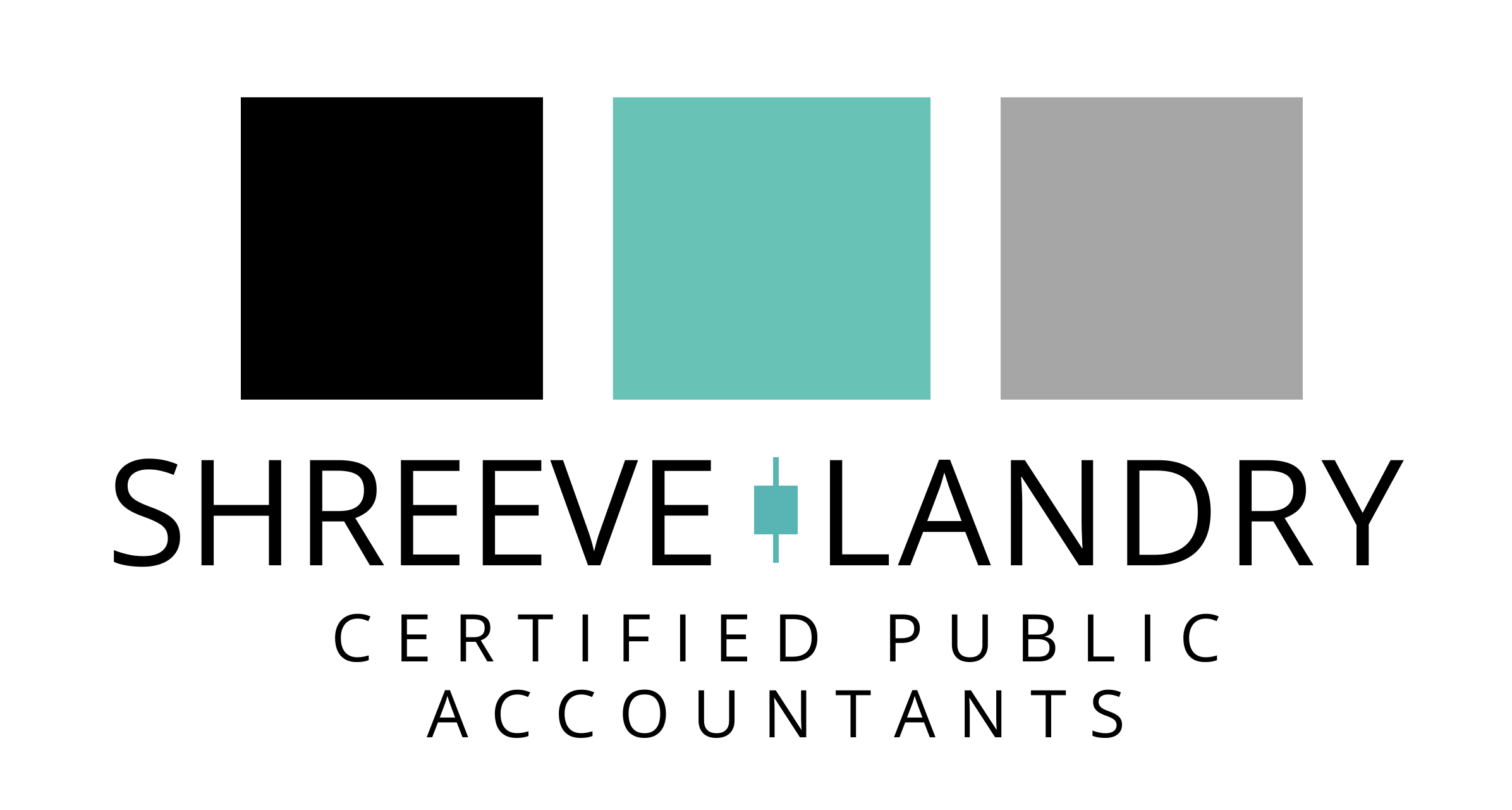
Maximize Your Savings with Shreeve Landry
Experience peace of mind while Shreeve Landry helps you secure your financial future.
Welcome to our Resources page. Here, you’ll find a comprehensive collection of tools, guides, and checklists designed to support your tax planning and financial decision-making processes. Our aim is to empower you with the knowledge and resources you need to navigate the complexities of tax laws and business finances confidently.
Any items not currently linked are coming soon.
2023 Tax Resources
Stay ahead with the latest tax information for 2023. Whether you’re filing as an individual or on behalf of a small business, our curated tax resources will guide you through the nuances of this tax season.
- 2023 Tax Rates and Brackets
- Standard Deduction Amounts
- IRS Tax Forms and Publications
- Tax Credits and Deductions Guide
- Estimated Tax Payment Schedule
Individual Resources
Managing your personal finances can be simpler with the right tools at your fingertips. From tax filing to financial planning, these resources are tailored to help individuals make informed decisions.
- Individual Tax Preparation Checklist
- Guide to Tax-Advantaged Savings Accounts
- Understanding Your Taxpayer Rights
- Strategies for Tax Efficient Investing
Small Business Resources
Running a small business requires juggling many financial responsibilities. Our small business resources are crafted to assist you in optimizing your business’s financial health and compliance.
- Small Business Tax Obligations Overview
- Bookkeeping and Accounting Best Practices
- Payroll Tax Guide
- Business Expense Deductions Checklist
- Quarterly Tax Planning Strategies
Checklists
Preparation is key to successful financial management and tax filing. Our checklists provide you with a step-by-step approach to ensure nothing is overlooked.
- Annual Tax Preparation Checklist
- Financial Records Organization Checklist
- End-of-Year Financial Review Checklist
We hope you find these resources helpful. Should you have any questions or need further assistance, please don’t hesitate to contact us. Our team is here to support you in navigating your financial journey.
